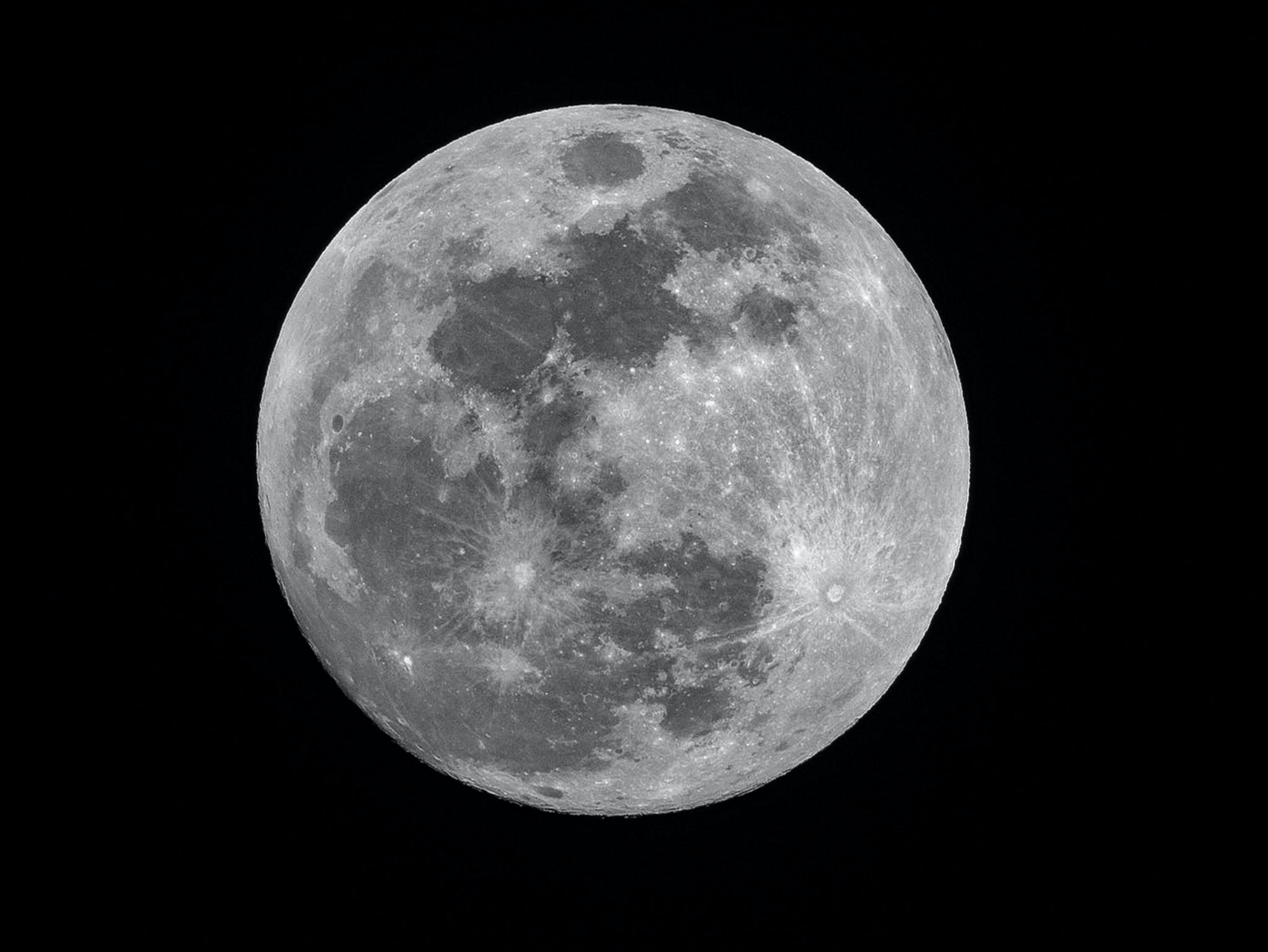Interesting Facts About the Elizabethan Period
The Elizabethan period, also known as the Elizabethan era, was a time of great cultural and artistic flourishing in England. Spanning from 1558 to 1603, during the reign of Queen Elizabeth I, it was marked by significant developments in literature, architecture, theater, and exploration. In this blog post, we will delve into some fascinating facts about this remarkable period in history.
1. Queen Elizabeth I
Queen Elizabeth I, also known as the “Virgin Queen,” ruled England during the entire Elizabethan period. She ascended to the throne at the age of 25 and became one of England’s most iconic and influential monarchs. Elizabeth’s reign was characterized by stability, economic growth, and a cultural renaissance.
2. The Globe Theatre
The Globe Theatre is one of the most renowned landmarks of the Elizabethan era. Built in 1599 in London, it was a prominent venue for theater during this period. The theater was associated with some of the greatest playwrights of all time, including William Shakespeare. Unfortunately, the original Globe Theatre was destroyed by a fire in 1613, but a replica stands on its original site today.
3. Shakespearean Plays
William Shakespeare, widely regarded as the greatest playwright in the English language, wrote and performed his plays during the Elizabethan era. He is believed to have written 37 plays, including tragedies like “Romeo and Juliet” and “Hamlet,” comedies such as “A Midsummer Night’s Dream” and “Twelfth Night,” and historical dramas like “Julius Caesar” and “Richard III.” Shakespeare’s works continue to be performed and studied worldwide.
4. Clothing and Fashion
The fashion of the Elizabethan period was opulent and extravagant. Both men and women wore elaborate clothing made from luxurious fabrics, often adorned with expensive embellishments. Men wore doublets, breeches, and ruffled collars, while women donned corsets, farthingales, and voluminous skirts. The use of specific colors, materials, and accessories denoted social status.
5. Exploration and Sea Voyages
The Elizabethan era witnessed a surge in exploration and maritime voyages. England emerged as a major sea power, and explorers like Sir Francis Drake and Sir Walter Raleigh made significant journeys to the New World. These voyages not only expanded England’s colonial territories but also brought back exotic goods, spices, and cultural influences.
6. The English Renaissance
The Elizabethan period was part of a broader cultural movement known as the English Renaissance. Inspired by the European Renaissance, it was characterized by a revival of learning, intellectual curiosity, and artistic expression. The period saw advancements in various fields, including literature, music, philosophy, and science.
7. The Sonnet Craze
Sonnets, a form of poetry consisting of 14 lines, gained popularity during the Elizabethan period. Poets like Shakespeare, Edmund Spenser, and Sir Philip Sidney composed sonnets that dealt with themes of love, beauty, and philosophical musings. Shakespeare’s collection of sonnets remains one of the most celebrated works in poetic history.
8. The Black Death
One of the darker aspects of the Elizabethan era was the plague, also known as the Black Death. Though the most devastating outbreak occurred in the 14th century, the disease still posed a threat during this period. Frequent outbreaks of the plague affected the population and influenced various aspects of daily life, including the theater industry.
9. The Printing Press
The Elizabethan era witnessed the continued proliferation of printing presses in England. The printing press revolutionized the dissemination of information and played a pivotal role in the spread of literature and ideas. It allowed for the mass production of books, enabling literacy rates to rise and providing access to knowledge previously limited to the elite.
10. Theatre as a Popular Pastime
Theater became an increasingly popular form of entertainment during the Elizabethan period. Performances took place in various settings, including public playhouses like the Globe Theatre and private performances organized for nobility. The plays catered to a wide range of audiences, from the lower classes to the noble court.
Conclusion
The Elizabethan period stands as a remarkable era in English history, characterized by significant cultural, artistic, and intellectual achievements. From the reign of Queen Elizabeth I to the flourishing of theater and the literary genius of William Shakespeare, this period left an indelible mark on the nation’s history. The legacy of the Elizabethan period continues to captivate and inspire people today, making it a truly fascinating chapter in the annals of history.
Table of Contents
